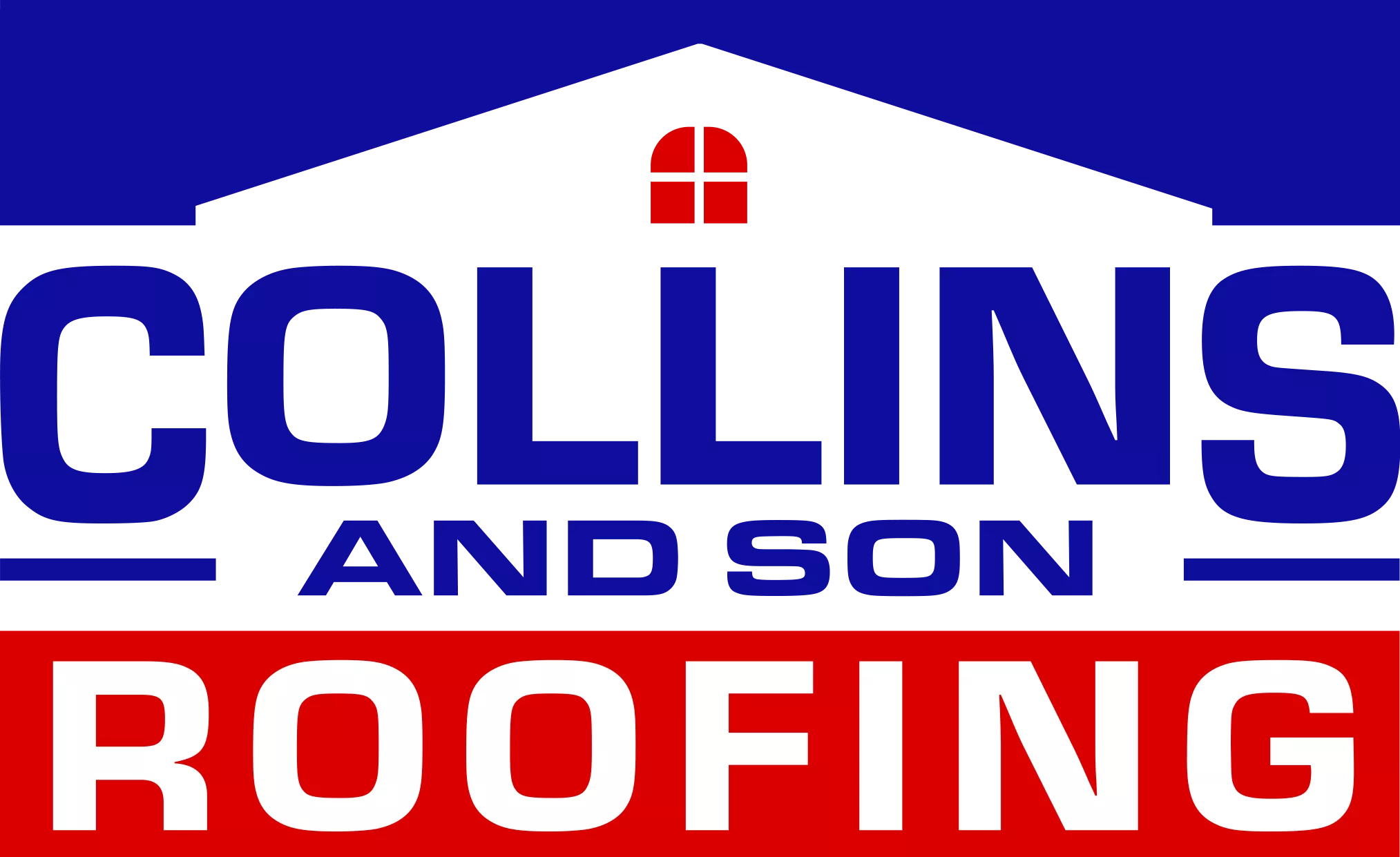Living near the coast offers breathtaking views and a refreshing environment. However, the proximity to the ocean brings with it the challenge of saltwater, which can have detrimental effects on various parts of your home, especially the roof. In this guide, we delve deep into understanding the impact of saltwater on different roofing materials and how to effectively combat its adverse effects.
The Silent Threat: Saltwater Corrosion
Coastal homes are constantly exposed to salt mist, a natural phenomenon that can lead to the premature degradation of a building. This salt-laden breeze, while refreshing, carries with it particles that can compromise the structural integrity of your property’s exterior. Over time, these salt particles can cause significant damage, affecting not only the aesthetics but also the safety and functionality of your home.
Understanding Saltwater’s Destructive Nature
Saltwater is inherently corrosive. The chloride content, oxygen availability, and temperature play crucial roles in determining the rate of corrosion. When saltwater evaporates, it leaves behind tiny salt crystals that cling to surfaces, including roof tiles. Over time, these crystals accumulate, leading to various forms of damage such as:
- Frost Damage: Salt particles in the coastal air can exacerbate the effects of freezing and thawing on roof tiles.
- Moisture Build-up: Coastal regions typically have higher humidity levels, leading to mold growth, which can be detrimental to both the structure and the health of the residents.
- Sand Exposure: Apart from salt, sand from nearby beaches can also find its way to your roof, causing surface damage.
The Effects on Different Roofing Materials
Terracotta Tiles
Terracotta tiles, while elegant and durable, are porous and can be susceptible to salt damage, especially if they are of inferior quality. Regular inspection and maintenance are crucial to ensure their longevity.
Concrete Roof Tiles
Concrete tiles, made from a mix of sand, water, cement, and mineral pigments, are known for their resistance to frost. However, they aren’t immune to saltwater’s effects. The phenomenon known as “concrete cancer” can be observed in buildings close to the ocean, where the reinforcing steel inside the concrete rusts due to salt in the air.
Bricks
Older buildings with softer lime mortar are particularly vulnerable to salt deterioration. Salt particles can lead to the disintegration of the mortar, compromising the structural integrity of the entire building.
Proactive Maintenance: The Key to Longevity
Regular maintenance is the cornerstone of ensuring your roof’s longevity. Pressure washing, for instance, can help remove accumulated dirt, sand, and salt crystals. Additionally, maintaining a protective coating on your tiles can act as a barrier against the detrimental effects of salt air and water.
Trust Collins & Son Roofing
At Collins & Son Roofing, we understand the unique challenges that coastal homes face. With our expertise in roofing service in Conway AR, we are equipped to provide solutions tailored to your needs. Whether you’re looking for roof repair in Conway AR or seeking advice from the best roofing contractors in Conway AR, we’ve got you covered. Protect your home from the ravages of saltwater and ensure its safety and beauty for years to come.

